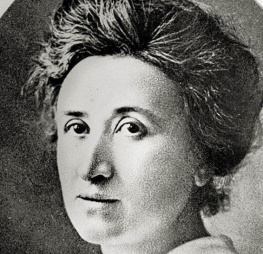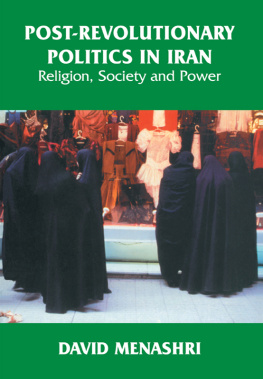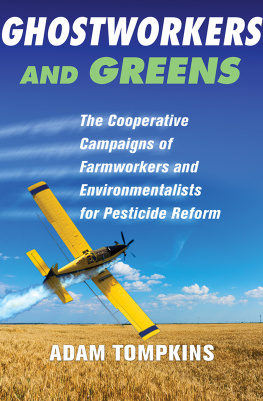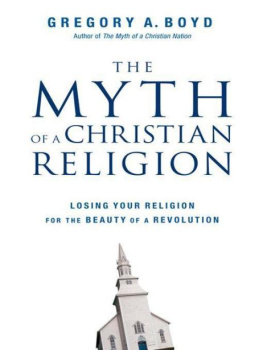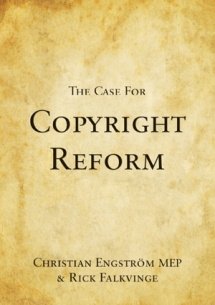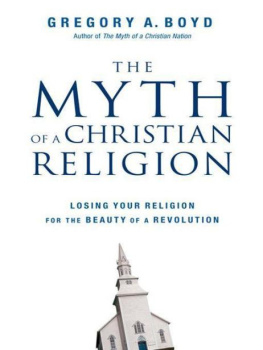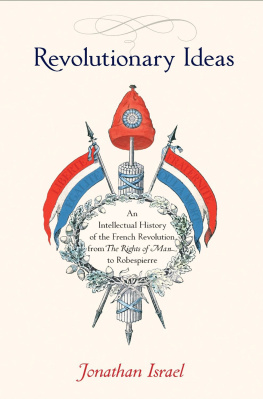S. Scott Rohrer - Jacob Greens revolution : radical religion and reform in a revolutionary age
Here you can read online S. Scott Rohrer - Jacob Greens revolution : radical religion and reform in a revolutionary age full text of the book (entire story) in english for free. Download pdf and epub, get meaning, cover and reviews about this ebook. year: 2014, publisher: Penn State Press, genre: Religion. Description of the work, (preface) as well as reviews are available. Best literature library LitArk.com created for fans of good reading and offers a wide selection of genres:
Romance novel
Science fiction
Adventure
Detective
Science
History
Home and family
Prose
Art
Politics
Computer
Non-fiction
Religion
Business
Children
Humor
Choose a favorite category and find really read worthwhile books. Enjoy immersion in the world of imagination, feel the emotions of the characters or learn something new for yourself, make an fascinating discovery.

- Book:Jacob Greens revolution : radical religion and reform in a revolutionary age
- Author:
- Publisher:Penn State Press
- Genre:
- Year:2014
- Rating:3 / 5
- Favourites:Add to favourites
- Your mark:
- 60
- 1
- 2
- 3
- 4
- 5
Jacob Greens revolution : radical religion and reform in a revolutionary age: summary, description and annotation
We offer to read an annotation, description, summary or preface (depends on what the author of the book "Jacob Greens revolution : radical religion and reform in a revolutionary age" wrote himself). If you haven't found the necessary information about the book — write in the comments, we will try to find it.
S. Scott Rohrer: author's other books
Who wrote Jacob Greens revolution : radical religion and reform in a revolutionary age? Find out the surname, the name of the author of the book and a list of all author's works by series.
Jacob Greens revolution : radical religion and reform in a revolutionary age — read online for free the complete book (whole text) full work
Below is the text of the book, divided by pages. System saving the place of the last page read, allows you to conveniently read the book "Jacob Greens revolution : radical religion and reform in a revolutionary age" online for free, without having to search again every time where you left off. Put a bookmark, and you can go to the page where you finished reading at any time.
Font size:
Interval:
Bookmark:


UNIVERSITY PARK, PENNSYLVANIA
New JerseyMorris CountyClergyBiography.
3. New JerseyHistoryRevolution, 17751783Biography. 4. Morris County (N.J.)Biography.
5. New JerseyHistoryRevolution, 17751783
Religious aspects. 6. United StatesHistory
Revolution, 17751783Religious aspects.
7. CalvinismUnited StatesHistory18th century.
8. Chandler, Thomas Bradbury, 17261790.
to use acid-free paper. Publications on uncoated stock
satisfy the minimum requirements of American National
Standard for Information SciencesPermanence of
Paper for Printed Library Material, ANSI Z39.481992.
contains 30% post-consumer waste.
THE WORLDS OF JACOB GREEN
AND THOMAS BRADBURY CHANDLER
Student
Pastor
Father
Farmer-Miller-Physician-Teacher
REVOLUTIONARY THINKERS
AND THE TRIALS OF WAR
Polemicist
Revolutionary
Politician
Host
REFORMERS ON THE HOME FRONT
Crusader
Dissenter
Disciplinarian
Font size:
Interval:
Bookmark:
Similar books «Jacob Greens revolution : radical religion and reform in a revolutionary age»
Look at similar books to Jacob Greens revolution : radical religion and reform in a revolutionary age. We have selected literature similar in name and meaning in the hope of providing readers with more options to find new, interesting, not yet read works.
Discussion, reviews of the book Jacob Greens revolution : radical religion and reform in a revolutionary age and just readers' own opinions. Leave your comments, write what you think about the work, its meaning or the main characters. Specify what exactly you liked and what you didn't like, and why you think so.

